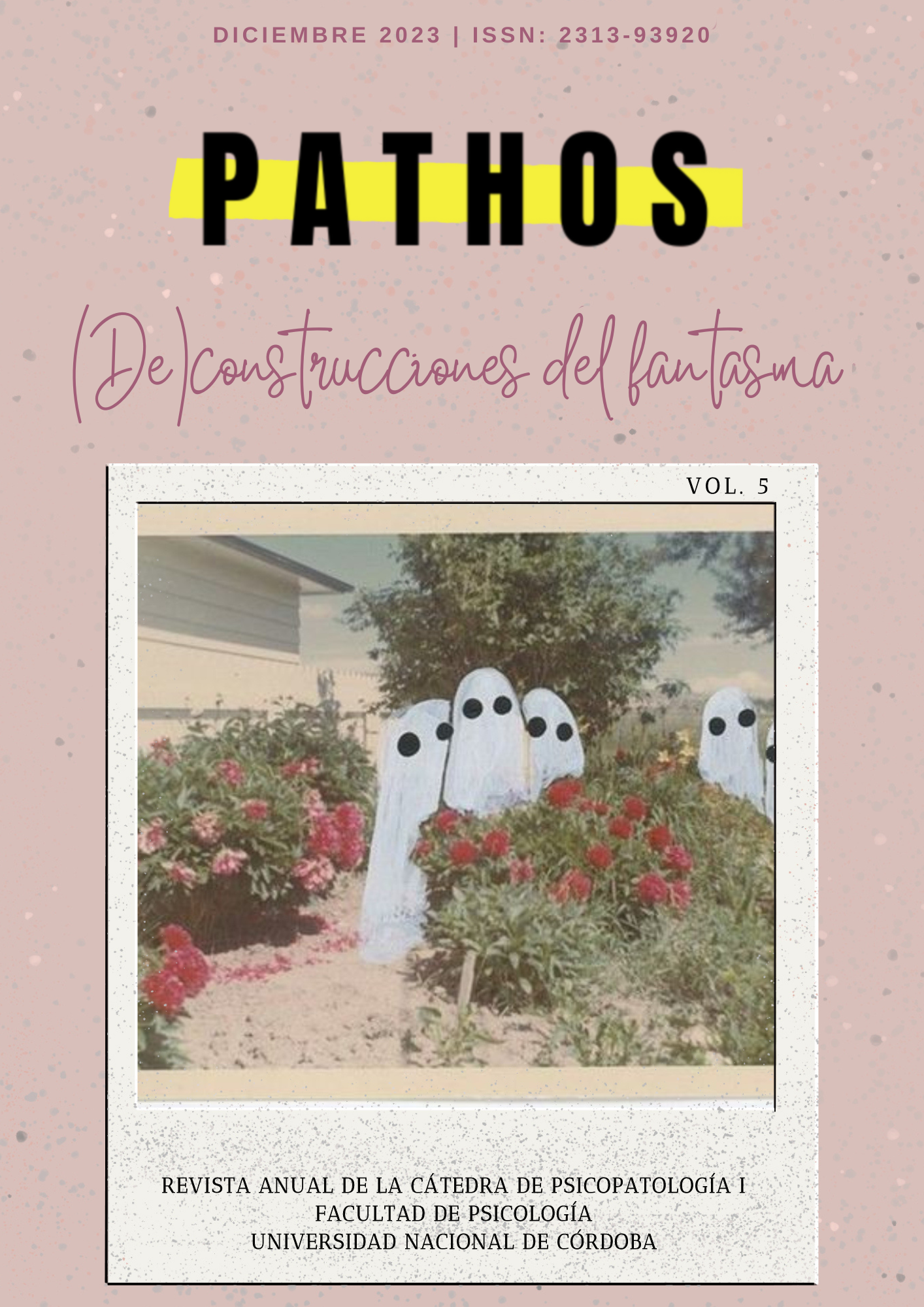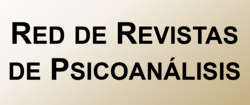¿phantasy or fantasme? More than just a translation problem
Keywords:
fantasy, phantasm, translation, psychoanalysis, conceptsAbstract
The "fantasy" in Freud's work, as well as what is known as "phantasm" in Lacan's teaching, maintain complex relationships that even today deserve to be analyzed and put into tension. One and the other are either assimilated as identical concepts, or sharply distinguished by those who see there a separation between Freud and Lacan. Fantasy and phantasm constitute, therefore, a problematic knot, which transcends the question of its translation. Furthermore, as this paper tries to show, translation itself is problematic as an operation (not only at the level of theory, but also at the level of analytical practice). Following, at this point, Jean Allouch's proposal of a new ternary for psychoanalysis (translation, transcription, transliteration) we arrive at certain conclusions about the difficulties involved in translation, of the term fantasme in particular, of the psychoanalytic concepts in general.
Downloads
References
Allouch, J. (1993). Letra por letra. Traducir, transcribir, transliterar. Córdoba: Edelp.
Allouch, J. (2021). La alteridad literal. Posfacio 2021 a Letra por letra. México: Epeele.
Chemama, R. (2004). Diccionario del psicoanálisis. Buenos Aires: Amorrortu.
Evans, D. (2007). Diccionario introductorio de psicoanálisis lacaniano. Buenos Aires: Paidós.
Freud, S. [1908] (1992a). Fantasías histéricas y su relación con la bisexualidad. Obras completas (2da reimp.). (vol. 9). Buenos Aires: Amorrortu editores.
Freud, S. [1919] (1992b). Pegan a un niño. Obras completas (3ra reimp.). (vol. 17). Buenos Aires: Amorrortu editores.
Lacan, J. [1962-1963] (2007a). La angustia. El seminario, libro 10. Buenos Aires: Paidós.
Lacan, J. [1966-1967] (2008). La lógica del fantasma. Seminario14 (Versión Crítica). Inédito. Escuela Freudiana de Buenos Aires.
Laplanche, J. & Pontalis, J.-B. (2004). Diccionario de Psicoanálisis. Buenos Aires: Paidós.
Miller, J.-A. (2013). Presentación del seminario 6. Recuperado de: http://www.jornadaseol.com/026/index.php?file=lecturas/textos-de-orientacion/presentacion-del-seminario-6.html
Pommier, G. (1986). Cuestiones (sobre el fin de análisis). Buenos Aires: Catálogos.
Rodríguez Ponte, R. & Ruiz, C. A. (2008). La lógica del fantasma. Seminario de Escuela. Clase 1 (08-04-2008). La Separata Del Correo De La Escuela Freudiana De Buenos Aires (2679), 1-15.
Roudinesco, E. & Plon, M. (1999). Diccionario de psicoanálisis. Buenos Aires: Paidós.
Sampson, A. (1992). La fantasía no es un fantasma. Artefacto (3). Revista de la Escuela Lacaniana de Psicoanálisis, 189-199.
Downloads
Published
Issue
Section
License
Copyright (c) 2023 Diego García

This work is licensed under a Creative Commons Attribution-NonCommercial-ShareAlike 4.0 International License.
Attribution - Non-Commercial - Share Alike (by-nc-sa): No commercial use of the original work or any derivative works is permitted, distribution of which must be under a license equal to that governing the original work.










